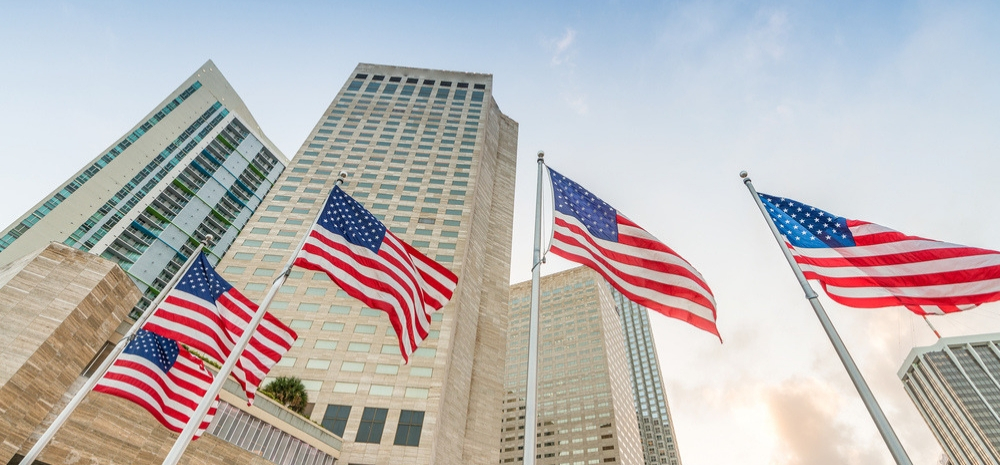The payments of $5 million to every eligible Black adult, the elimination of personal debt and tax burdens, guaranteed annual incomes of at least $97,000 for 250 years and homes in San Francisco for just $1 a family.

100 Recommendations by City Appointed Reparations Committee
On how to atone for the centuries of slavery and systemic racism, these were among some of the 100 recommendations made by a city-appointed reparations committee tasked with the thorny question of how to atone for centuries of slavery and systemic racism. On Tuesday, the San Francisco Board of Supervisors voiced the enthusiastic support for the ideas listed, with some saying money should not stop the city from doing the right thing.
Some of the supervisors also said that they were surprised that the politically liberal San Franciscans were pushing back the recommendations due to being unaware that the legacy of slavery and racist policies continues to keep Black Americans on the bottom rungs of health, education and economic prosperity, and overrepresented in prisons and homeless populations.
For Everybody’s Collective Future: Supervisor Mandeman
Supervisor Rafael Mandelman, whose district includes the heavily LGBTQ Castro neighbourhood, said that “Those of my constituents who lost their minds about this proposal, it’s not something we’re doing or we would do for other people. It’s something we would do for our future, for everybody’s collective future”.
The draft reparations plan, released in December, is unmatched nationwide in its specificity and breadth. The committee hasn’t done an analysis of the cost of the proposals, but critics have slammed the plan as financially and politically impossible. An estimate from Stanford University’s Hoover Institution, which leans conservative, has said it would cost each non-Black family in the city at least $600,000.
Tuesday’s unanimous expressions of support for reparations by the board do not mean all the recommendations will ultimately be adopted, as the body can vote to approve, reject or change any or all of them. A final committee report is due in June.
Some supervisors have said previously that the city can’t afford any major reparations payments right now given its deep deficit amid a tech industry downturn.
The vice chair of the African American Reparations Advisory Committee, Tinisch Hollins alluded to those comments, and several people who lined up to speak reminded the board they would be watching closely what the supervisors do next.
He said that “I don’t need to impress upon you the fact that we are setting a national precedent here in San Francisco. What we are asking for and what we’re demanding for is a real commitment to what we need to move things forward.”
The idea of paying compensation for slavery has gained traction across cities and universities. In 2020, California became the first state to form a reparations task force and is still struggling to put a price tag on what is owed.












